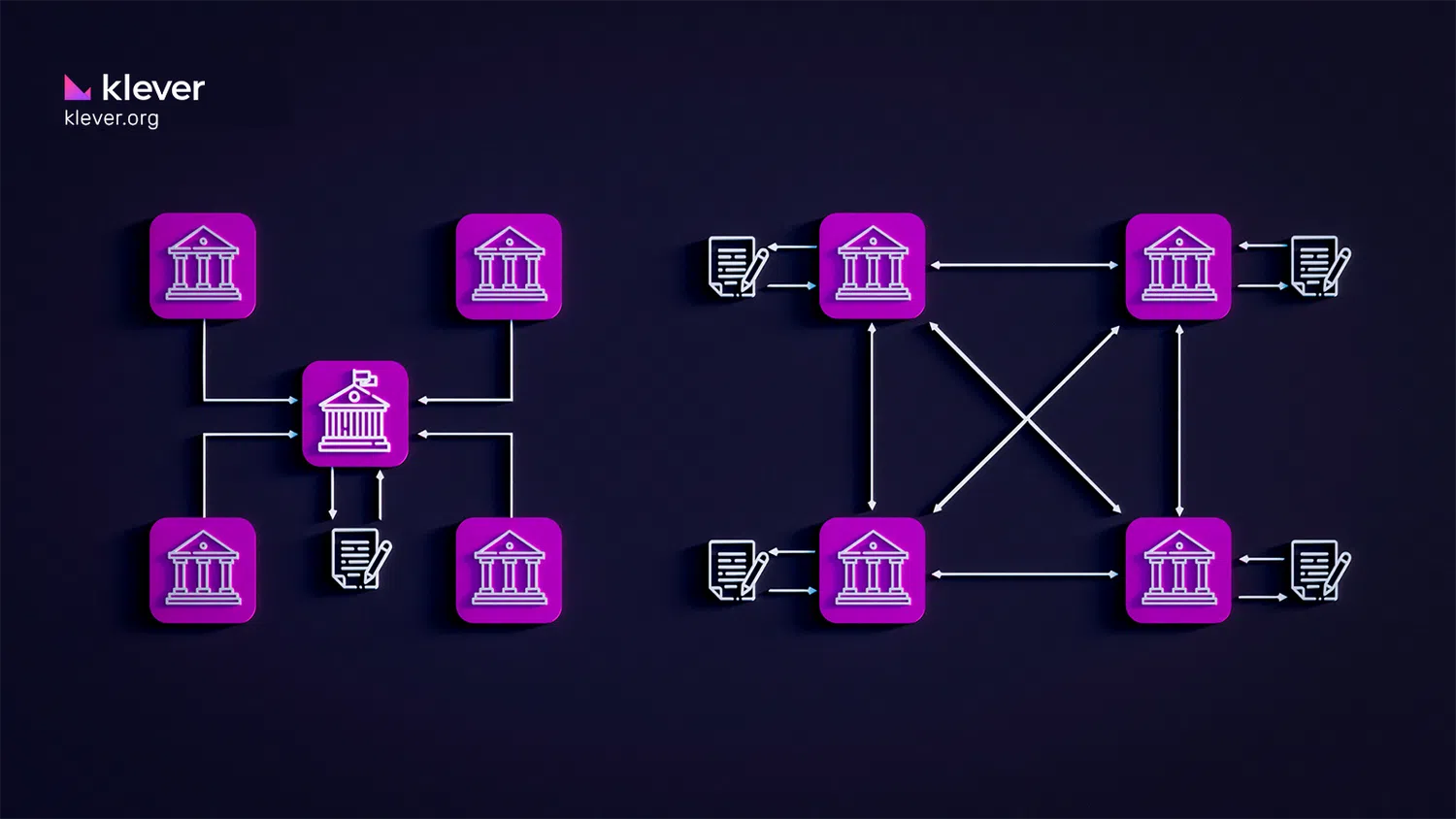
Blockchain technology, once a cryptic term known only to a select few, has become a buzzword in technology and finance. Its potential to revolutionize various sectors, from finance to healthcare, is immense. We’ll delve into the evolution of blockchain, its current state, and what we can expect in the coming years.
The Current State of Blockchain
A Brief History and Evolution of Blockchain
Blockchain technology was first introduced to the world in 2008 as the underlying technology for Bitcoin, the first cryptocurrency. The anonymous entity known as Satoshi Nakamoto conceptualized this decentralized, distributed ledger system to facilitate peer-to-peer transactions without the need for a central authority. Over the years, the technology has evolved beyond cryptocurrencies, finding applications in various sectors.
Current Applications and Use Cases
Today, blockchain technology is being used in numerous ways. Cryptocurrencies remain the most well-known application, with Bitcoin and Ethereum leading the pack. However, the technology’s potential extends far beyond digital currencies.
For instance, blockchain is being used to create decentralized applications (dApps), which operate on a peer-to-peer network rather than being controlled by a single entity. These applications span various industries, from finance (DeFi) to gaming.
The Role of Blockchain in Cryptocurrencies
Cryptocurrencies are the most prominent example of blockchain in action. These digital currencies leverage blockchain’s decentralized nature to enable secure transactions. Bitcoin, the first and most well-known cryptocurrency, has paved the way for thousands of others, each offering unique features and uses. Ethereum introduced the concept of smart contracts, self-executing contracts with the terms of the agreement directly written in code.
Real-World Implementations and Impact of Blockchain
Blockchain technology is not just a theoretical concept; it’s being implemented in real-world scenarios daily, transforming various industries.
From enhancing transparency in supply chains to revolutionizing financial transactions and disrupting the art world through Non-Fungible Tokens (NFTs), blockchain’s impact is far-reaching and transformative. Let’s take a look.
Finance
In the world of finance, J.P. Morgan has developed the Quorum platform, an enterprise-focused version of Ethereum designed to support and enable efficient blockchain solutions. They’ve also launched JPM Coin, a digital token to facilitate instantaneous payment transfers and simplify the payment process.
Healthcare
In healthcare, MediLedger is a notable example. It’s a project that uses blockchain technology to track the provenance of pharmaceuticals, ensuring their authenticity and safety. This could significantly reduce the prevalence of counterfeit drugs.
Supply Chain
IBM has pioneered blockchain for supply chain management with its IBM Blockchain Transparent Supply. Companies like Nestlé and Walmart are using it to increase transparency and traceability in their supply chains.
Education
In the education sector, for instance, Sony Global Education has developed a blockchain-based platform to secure and share student records. Moreover, this system allows for the open and safe sharing of academic proficiency and progress records.
Real Estate
In real estate, Propy is a blockchain-based real estate platform that allows buyers, sellers, brokers, and escrow agents to come together on a single platform to execute transactions. Additionally, the platform uses blockchain to ensure the authenticity of transactions and prevent fraud.
The Evolution of Blockchain: Predictions and Trends
Emerging Trends in Blockchain Technology
As we look toward the future, several emerging trends are set to shape the evolution of this technology. For instance, one such trend is the rise of Decentralized Finance (DeFi), which aims to recreate traditional financial systems, such as lending and borrowing, in a decentralized, transparent manner. Another trend is the growth of Non-Fungible Tokens (NFTs), unique digital assets representing ownership of a specific item or piece of content.
Predictions for the Future
Predicting the future of technology is always challenging, but based on current trends and developments, we can make some educated guesses. One prediction is that blockchain will become increasingly integrated with other technologies, such as Artificial Intelligence (AI) and the Internet of Things (IoT). This integration could lead to new applications and use cases that we can’t even imagine today.
The Role of Blockchain in Data Security and Privacy
In an era where data breaches and privacy concerns are increasingly common, blockchain technology could provide a solution. By decentralizing data storage and making transactions transparent and immutable, this technology can significantly enhance data security and privacy. In the future, we might see more companies adopting it for this purpose, leading to a new standard for data security.
Challenges and Opportunities

Despite its potential, blockchain technology faces several challenges that could hinder its widespread adoption. These include scalability issues and regulatory challenges, as governments worldwide grapple with how to regulate it and cryptocurrency technologies.
Companies like Facebook have faced significant regulatory hurdles in their attempts to launch blockchain-based products, such as the Libra (now Diem) cryptocurrency.
Opportunities it Presents for Businesses and Individuals
Despite these challenges, this technology can provide increased transparency, efficiency, and security for businesses. For individuals, this technology can offer increased control over personal data and access to financial services. Moreover, companies like Microsoft and Amazon already offer blockchain-as-a-service (BaaS) platforms, allowing businesses to develop their own applications without creating the underlying infrastructure from scratch.
The Role of Governments and Institutions in Blockchain Adoption
Governments and institutions will play a crucial role in the future of this technology. For instance, some governments, like Estonia, have embraced the technology for various public services, ranging from health records to legal records. On the other hand, institutions like the European Union are working on regulatory frameworks for blockchain and cryptocurrencies, which could facilitate their safe and legal use.
Conclusion
Despite scalability and regulatory hurdles, this technology is revolutionizing industries and enhancing data security. For instance, the benefits, as demonstrated by companies like J.P. Morgan, IBM, and Sony Global Education, are tangible and vast.
Get a first look at our latest tech developments and, furthermore, the exciting roadmap leading to our 2024 conference.
Visit our website to learn more about Klever Chain’s role in shaping the evolution of blockchain.